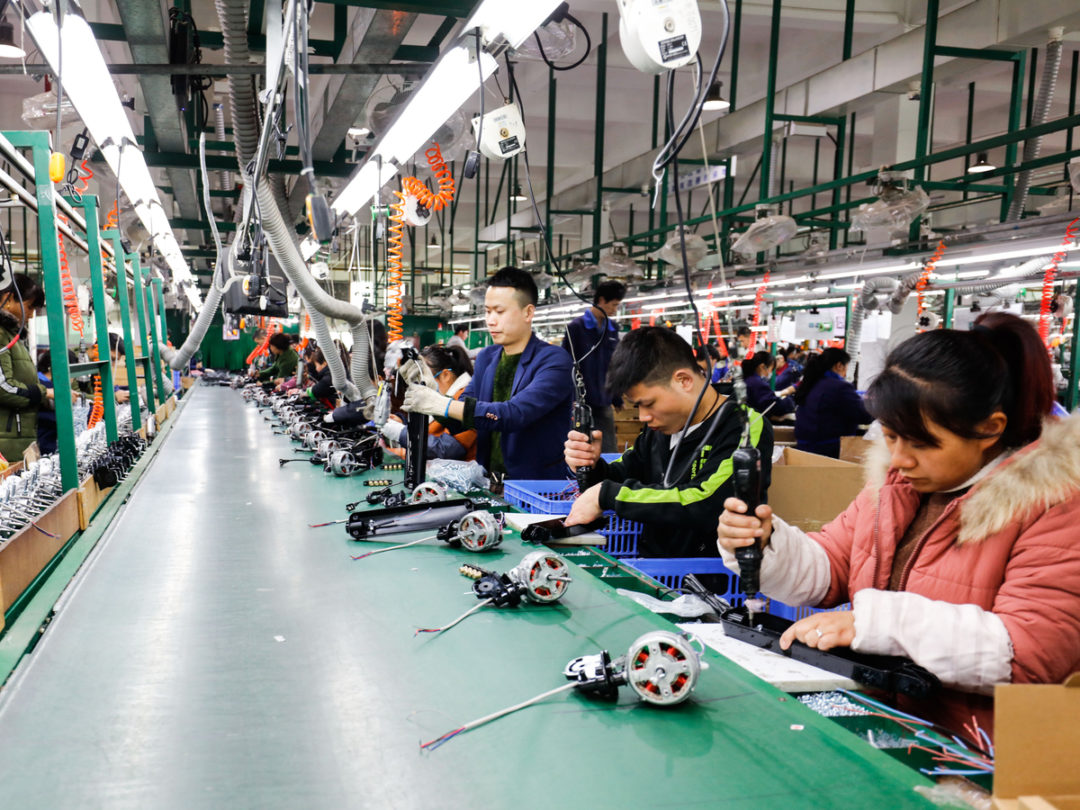
Visit Our Sponsors |
|
|
|
|
|
|
|
|
|
|
|
|
|
|
|
|
|
|
|
|
|
|
|
|
|
|
|
|
|
|
|
|
|
|
|
|
|
|

The worsening trade war between the United States and China has intensified pressure on companies to leave China and set up factories in places like Cambodia, a verdant country of 16 million people with low wages and high hopes.
But anybody who moves here may have to deal with the water buffalo.
Huffing, snorting and in no hurry to move, the big-horned bovines occasionally meander across the Khmer-American Friendship Highway, the dusty, 140-mile route linking Phnom Penh’s factories with the port in the coastal city of Sihanoukville. They are not the only potential obstacles. At quitting time, factory workers heading home on foot and motorbikes clog the road.
For factory owners on deadline, those crowded roads can mean frustrating delays.
“Where Cambodia sits now is where China was 25 years ago,” said Piet Holten, who makes the microfiber cloths and bags for sport and fashion sunglass brands like Oakley. To get his sportswear products from his Phnom Penh factory to market, he flies them using DHL.
President Trump’s tariffs on Chinese products, which expanded to another $200bn worth of goods on Monday, are prompting many companies to rethink their supply chains. As tariffs begin to make China look more expensive, many companies are considering cheaper places to make their products, like Vietnam, Cambodia, Bangladesh and Ethiopia. Already, companies with significant American business like Steve Madden, the fashion designer, and Puma, the German sports brand, have said they will look to shift production out of China.
RELATED CONTENT
RELATED VIDEOS
Timely, incisive articles delivered directly to your inbox.

